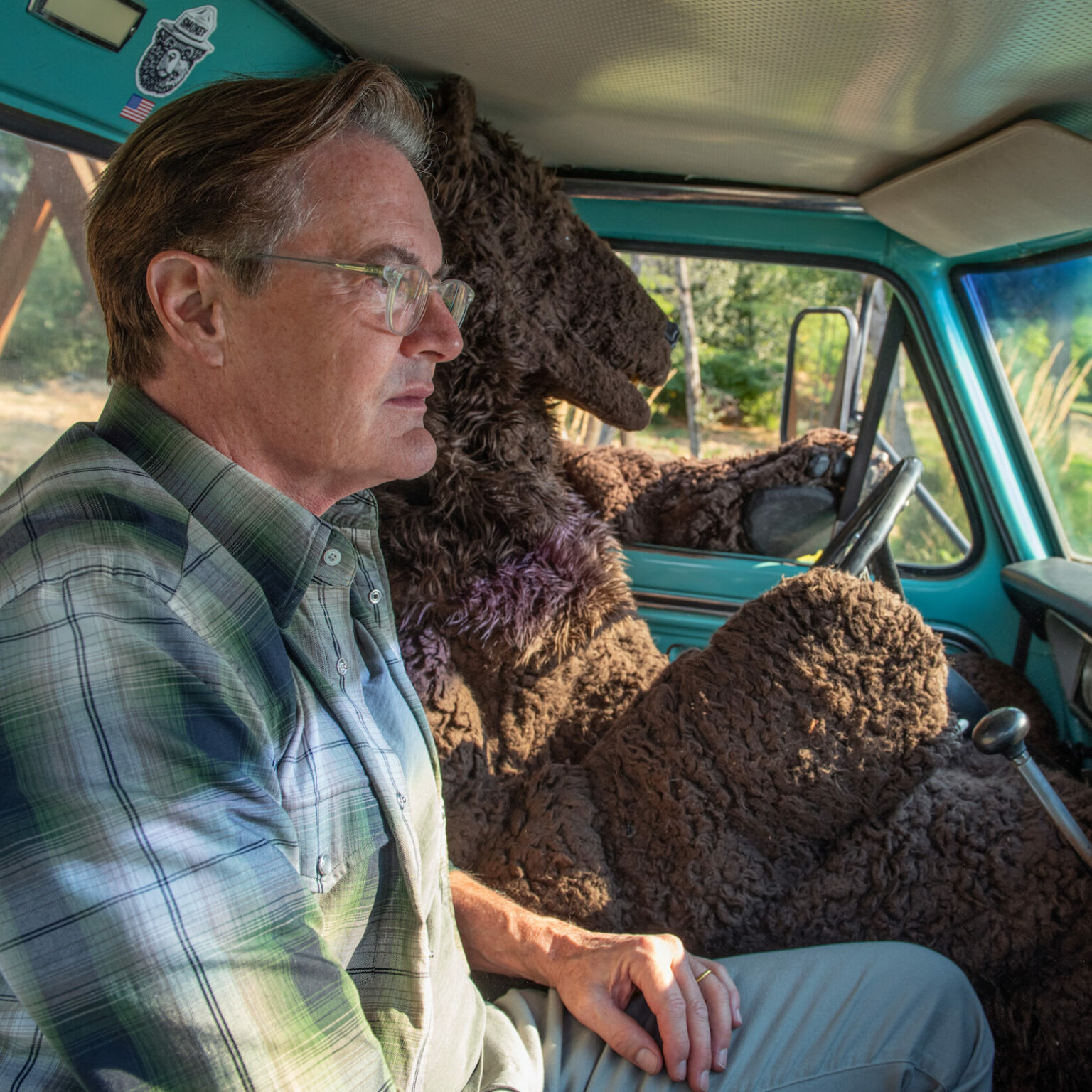Farming for the Next Generation w/ Jean-Baptiste Lécaillon, Champagne Roederer & Xavier Barlier, MMD

As a 7th generation family-owned and run company, being sustainable means building towards the future for the next generations.
As a 7th generation family-owned and run company, being sustainable means building towards the future for the next generations. That’s the philosophy that has led Champagne Louis Roederer to move towards organic farming with biodynamic and permaculture principles since 2000. With 100% of its historic estate (50% of total vineyard holdings) certified organic, this process has had a significant impact on the quality of the fruit and wines as well as the bottom line. Jean-Baptiste Lecaillon, EVP and Chef du Cave at Champagne Louis Roederer and Xavier Barlier, SVP of Marketing and Communications of Maison Marques & Domaines USA (Roederer’s import arm), tell us about this transition, strategy, and its market positioning.
Don’t forget to support the show on Patreon!
Detailed Show Notes:
Beginning in 2000, started moving farming towards organic, including some biodynamic and permaculture philosophies
Organic is just stopping the use of herbicides and pesticides, but that’s it
Biodynamic practices for JBL are less about Rudolph Steiner’s philosophy but more about paying attention to the land and ecosystem, aligned more with the permaculture movement
About adding life back into the soil and building fertility, which comes with decreased use of copper and sulfur that are used in organic farming
We can do this at Roederer because it’s a family-owned business with 7 generations, building for the next generation and the future
Roederer does its own massale selection, own rootstocks, and compost
Impact on growers
- Impacts more the future generation of growers, need to educate them
- Roederer single-vineyard ferments everything and tastes the growers on their own vineyards
- Assigned a Roederer enologist dedicated to grower relations
Organic trends in Champagne
- 20 years ago - <1%
- 10 years ago - 2.5%
- Last year (2021) - ~8-9%
- A result of the new generation coming into viticulture
More expensive to farm organically/biodynamically
- More labor-intensive - need to be available 7 days/week
- Increased workforce by 15% due to more labor needs
Yield has decreased due to new farming
- Up to 30% yield reduction in some years
- The 10-year average is ~5-10% reduction in yield
Marketing organics - plays into desires to support the environment
Roederer began organics in 2000 with 6ha -> in 2020, 125ha (50% of estate)
- Organically certified vineyards are 100% of the historic estate
- Organic vineyards are the Cristal and Vintage wines
The future of Champagne - maybe more of all 7 permitted varieties will play a role, with more of a focus on the genetic material of the vines
Get access to library episodes
See acast.com/privacy for privacy and opt-out information.












